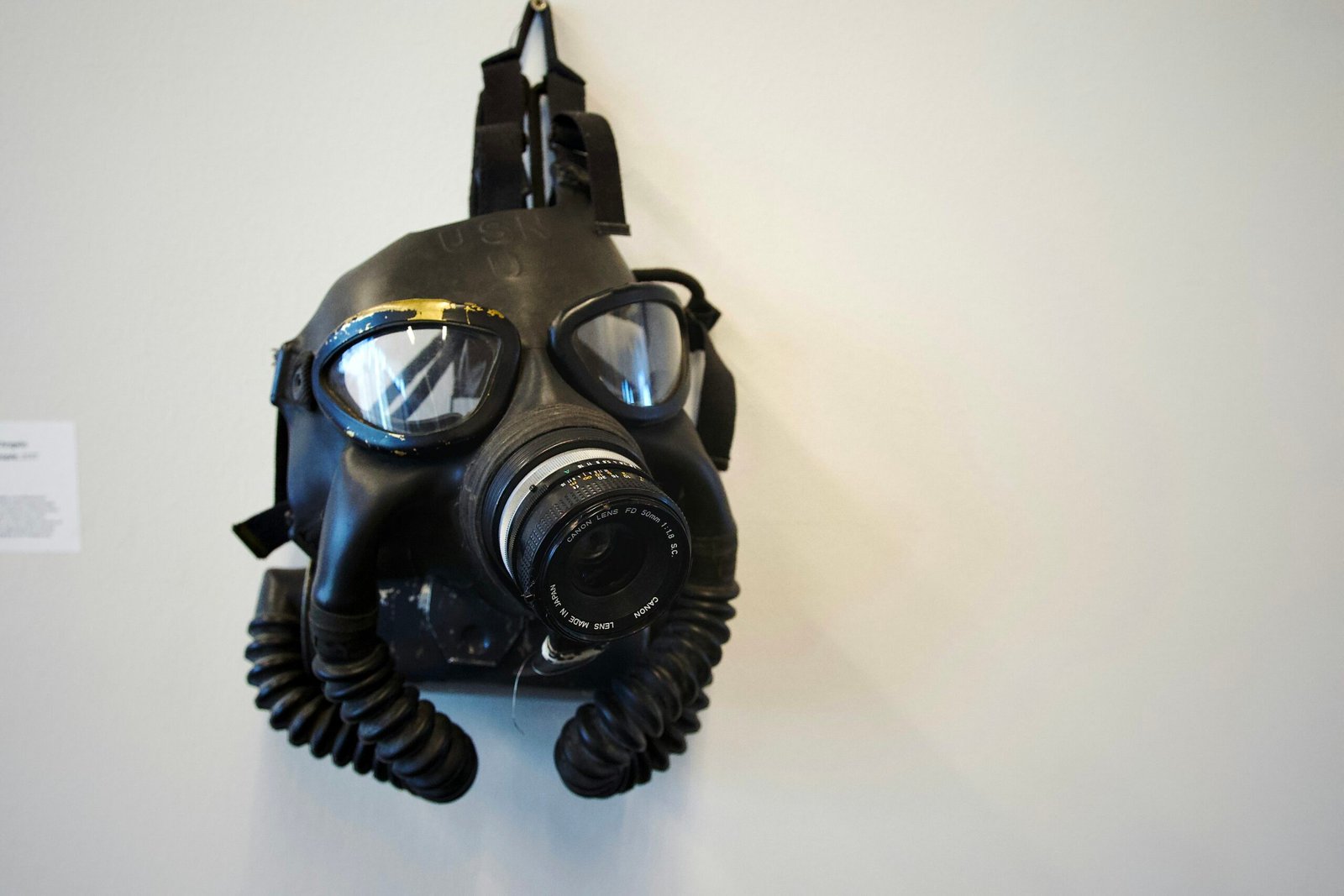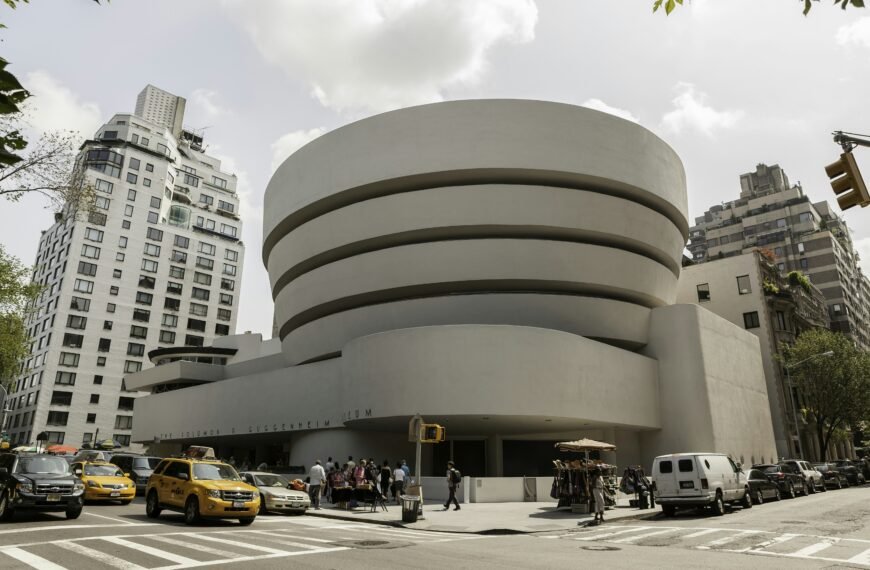Do you enjoy art that challenges societal norms and redefines contemporary sculpture? Have you ever encountered the work of Thomas Schütte and wondered about the underlying themes and humor in his creations? In this article, we’ll take a deep dive into the acid comedy of Thomas Schütte, exploring the man in the mud and the thought-provoking pieces that make up his artistic repertoire.

The Unveiling of “Vater Staat (Father State)”
Thomas Schütte’s monumental bronze sculpture, “Vater Staat (Father State),” displayed at the Museum of Modern Art (MoMA), delivers an ironic allegory about power relations. The imposing figure depicted in constrictive clothing appears helpless and vulnerable, showcasing the artist’s ability to shift between commemorating and deriding authority figures.
Irony and Satire in Sculpture
Schütte’s ability to infuse irony and satire into his sculptures challenges viewers to question societal norms and power structures. Through his unique use of materials and juxtaposition of elements, he creates thought-provoking pieces that invite contemplation and critique. His work serves as a mirror reflecting back the complexities of modern society.
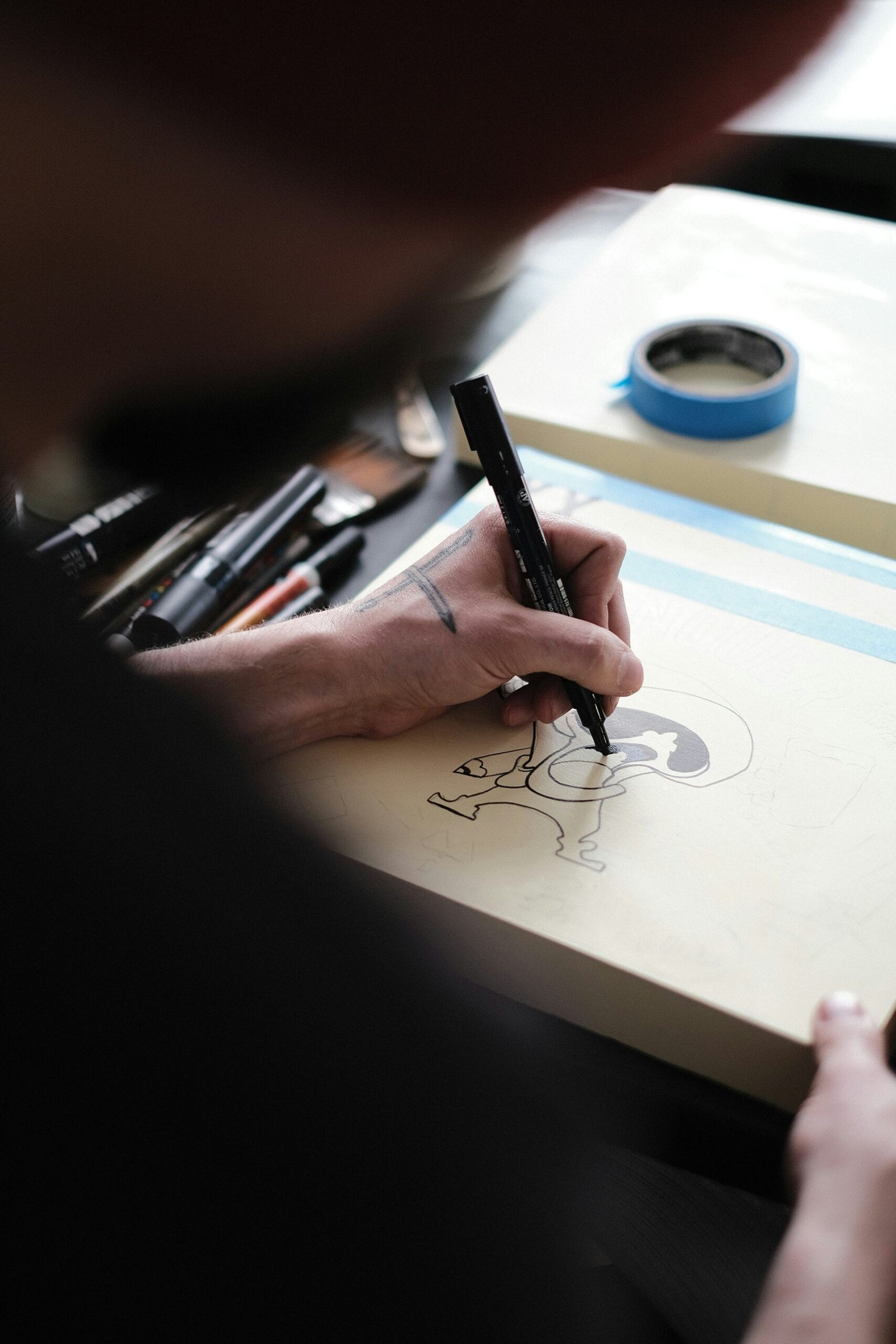
The Symbolism of “Man in Mud”
One of Schütte’s recurring motifs is the “Man in Mud,” a representation of human vulnerability and resilience. The figure, half-submerged in muck, symbolizes the struggle against adversity and the possibility of triumph despite challenging circumstances. By portraying the human condition in such a raw and unvarnished manner, Schütte invites viewers to connect with their own struggles and triumphs.
Embracing Failure as a Path to Success
Schütte’s willingness to embrace failure as a natural part of the artistic process encourages viewers to adopt a similar mindset in their own endeavors. The “Man in Mud” serves as a reminder that stumbling and falling are integral parts of growth and self-discovery. By accepting failure as a stepping stone to success, individuals can approach challenges with renewed vigor and resilience.
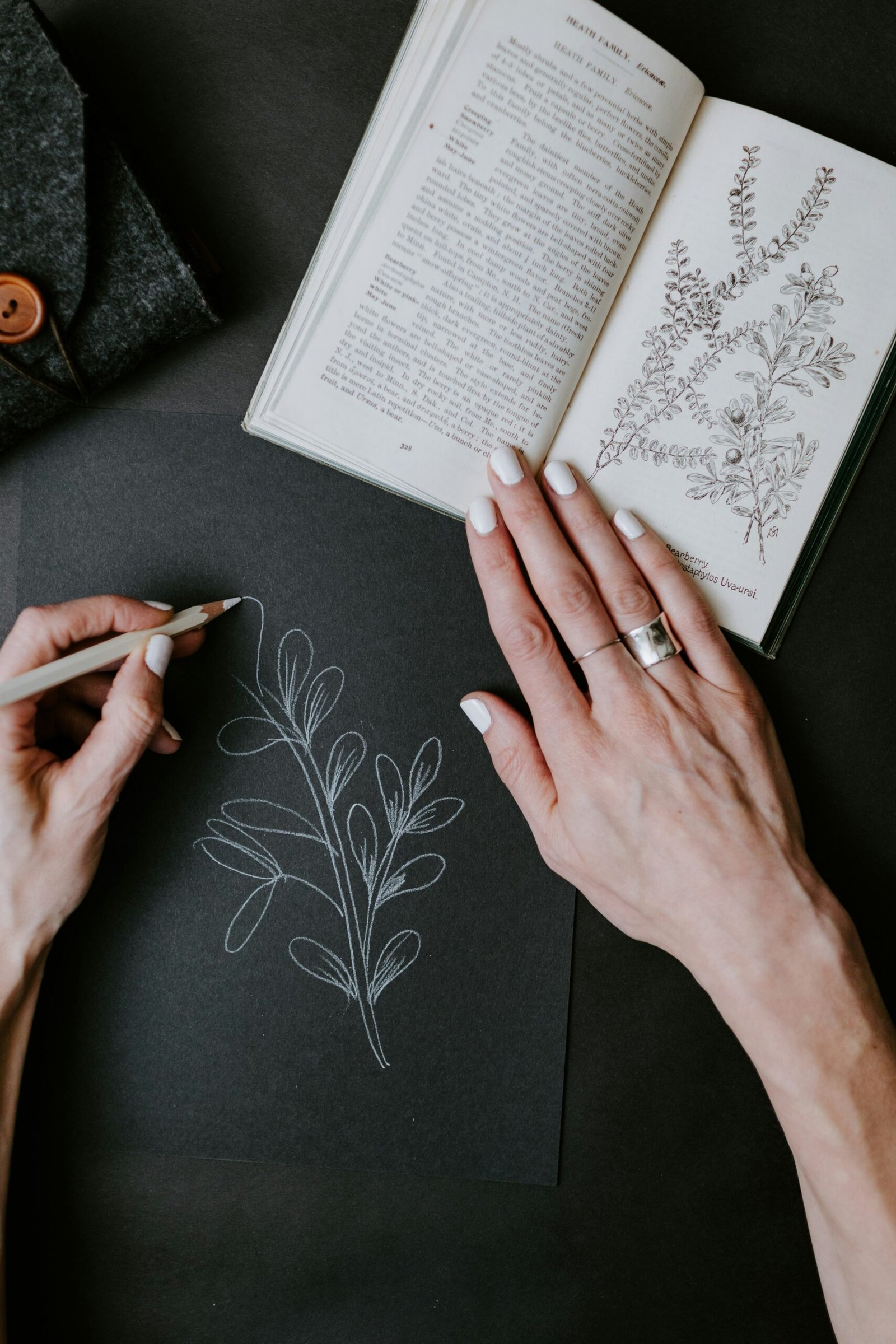
Paulina Pobocha’s Curation at MoMA
The comprehensive retrospective of Thomas Schütte’s work at MoMA, curated by Paulina Pobocha, offers a detailed examination of the artist’s evolution and thematic consistency. Pobocha’s meticulous selection of pieces and insightful commentary provide viewers with a deeper understanding of Schütte’s artistic vision and the underlying concepts that drive his creations.
Navigating Schütte’s Humor and Pathos
Schütte’s art embodies a unique blend of humor and pathos, challenging viewers to laugh and reflect simultaneously. His sculptures, ranging from whimsical “Glass Heads” to poignant “Warriors,” evoke a range of emotions and provoke thought on societal issues. Pobocha’s curation skillfully guides visitors through Schütte’s artistic landscape, encouraging nuanced interpretations and personal reflections.
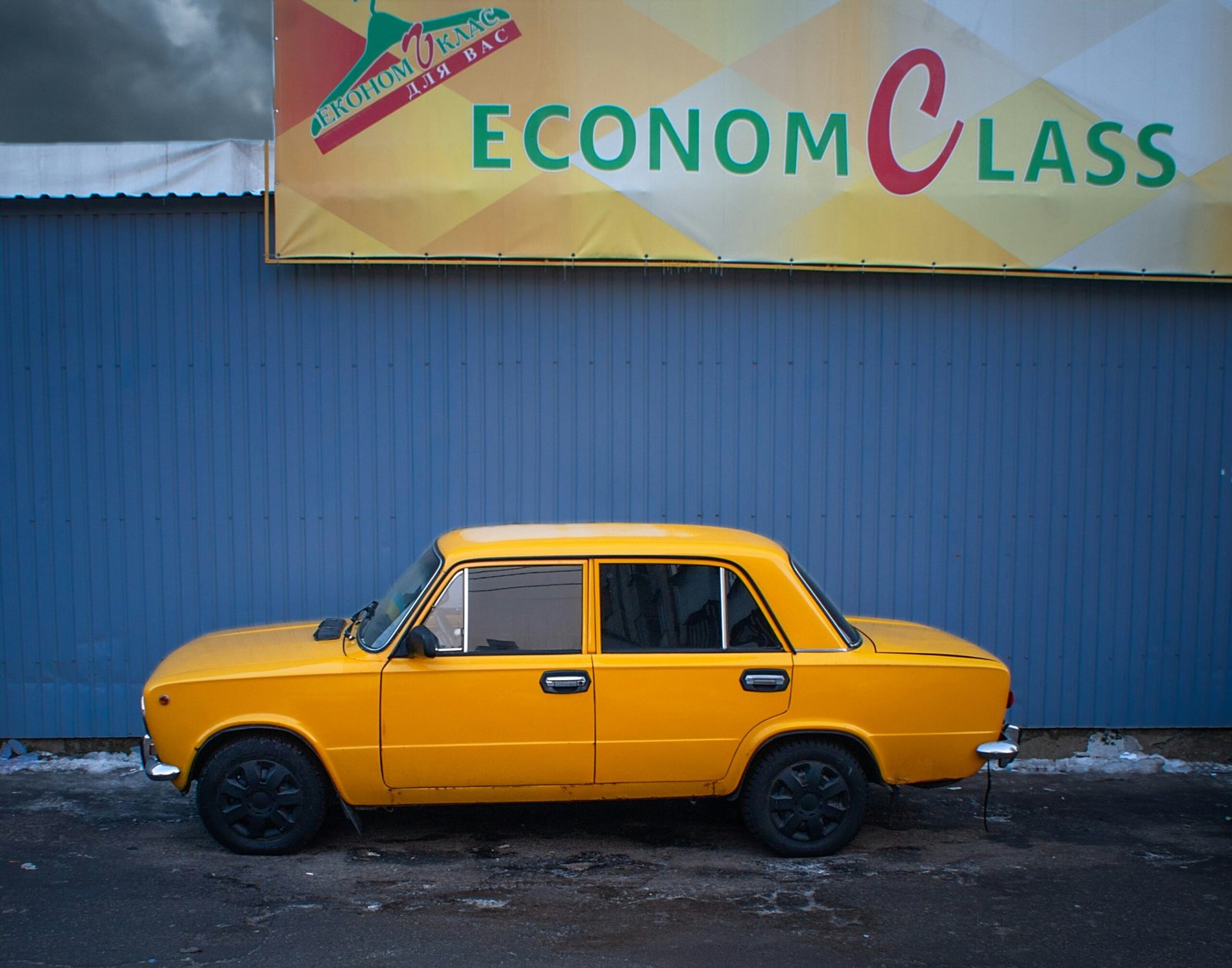
The Impact of Schütte’s Artistic Legacy
As Schütte’s retrospective draws to a close, his legacy as a pioneering sculptor and satirist continues to resonate with audiences worldwide. His ability to merge artistic skill with social commentary has solidified his place in the contemporary art scene, inspiring future generations of artists to explore unconventional themes and push the boundaries of sculpture.
Embracing Ambiguity and Complexity
Schütte’s work challenges viewers to embrace ambiguity and complexity in art and life. By inviting contemplation and interpretation, his sculptures encourage dialogue and introspection on pressing issues of our time. As audiences engage with Schütte’s art, they are prompted to confront uncomfortable truths and explore the interconnectedness of humor and tragedy in the human experience.
In conclusion, Thomas Schütte’s acid comedy offers a unique lens through which to view contemporary society and the complexities of human existence. By delving into his thought-provoking sculptures and exploring the humor interwoven with social critique, viewers can gain a deeper appreciation for the power of art to challenge, inspire, and transform. Thomas Schütte’s legacy as the man in the mud continues to captivate and provoke audiences, inviting them to reflect on their own struggles and triumphs in the ever-evolving tapestry of human experience.
